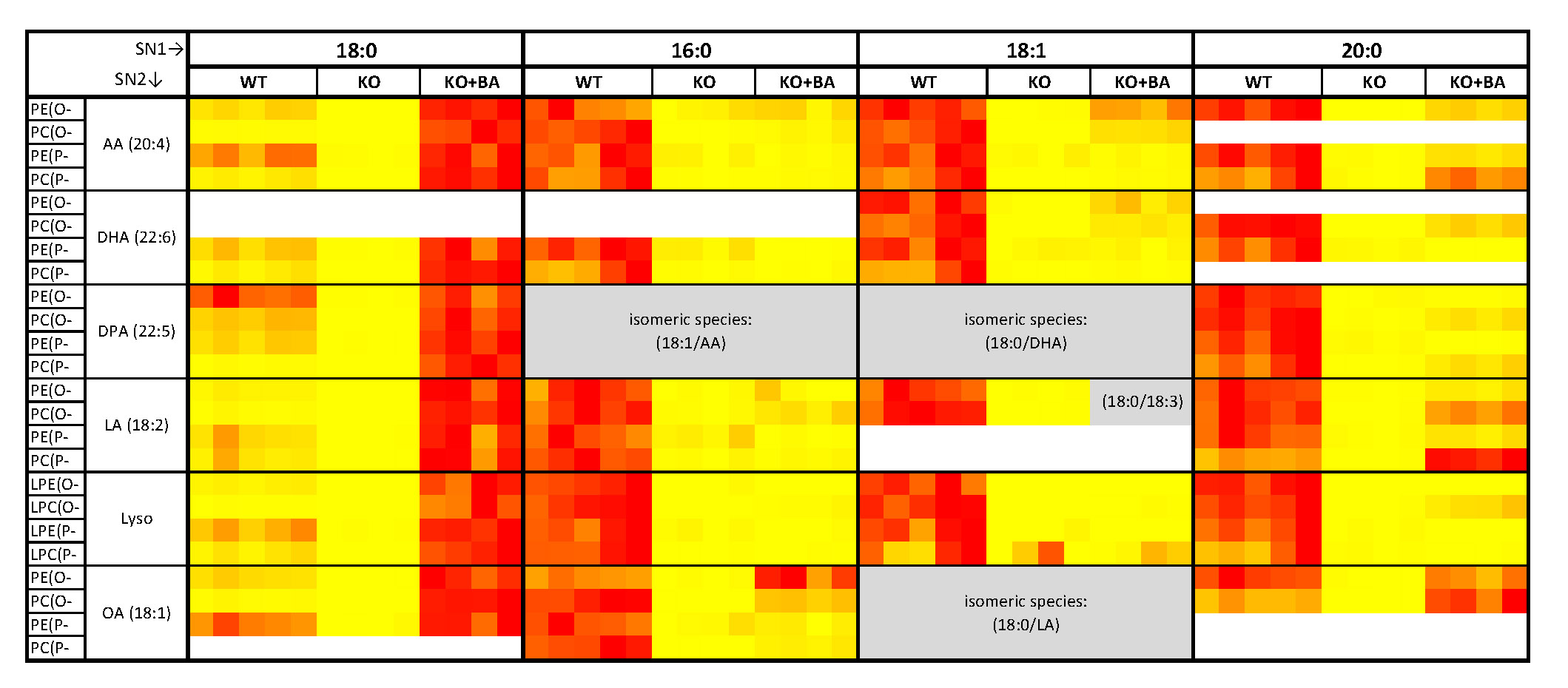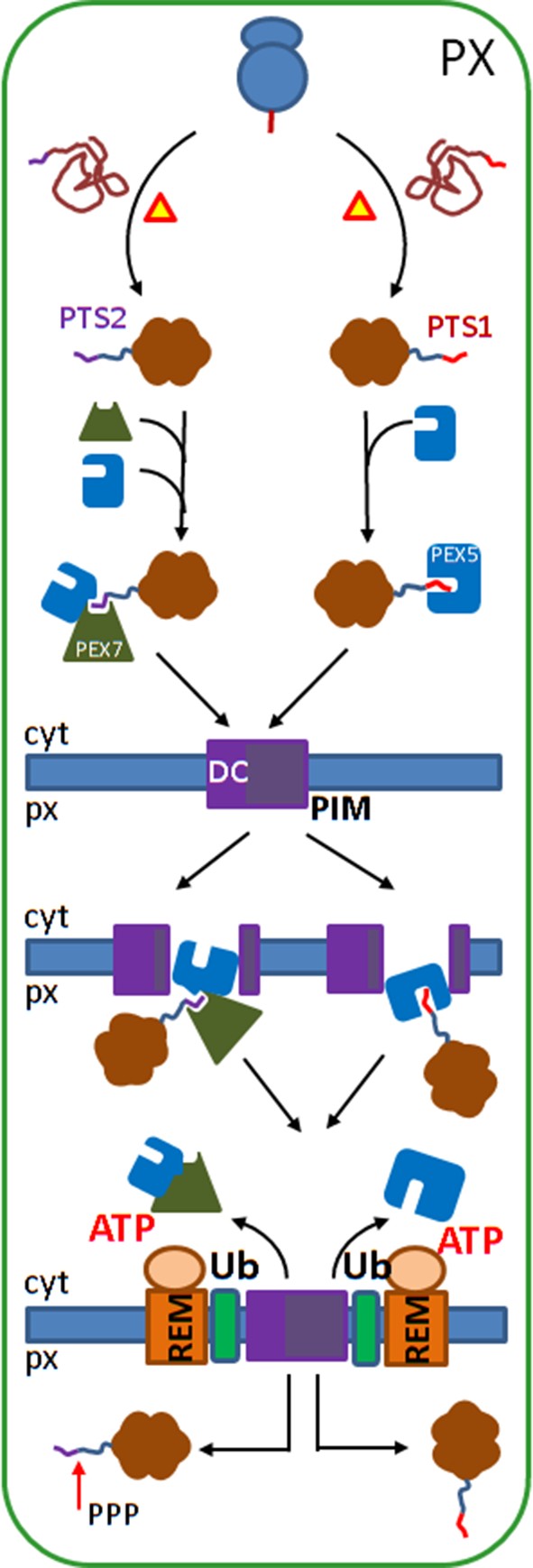Berger Lab
The main research focus of the Berger Lab is to understand the importance of peroxisomal metabolism, more specifically the biosynthesis and degradation of various types of lipids, for brain function and its connection to brain disorders.
One line of research is centred on the inherited neuroinflammatory and neurodegenerative disorder X-linked adrenoleukodystrophy (X-ALD) caused by mutations in a peroxisomal fatty acid transporter. The research is designed to elucidate the molecular mechanisms linking the accumulation of very-long chain fatty acids and the development of different symptoms observed in patients suffering from this disease and to develop novel therapeutic approaches.

A key focus of our research is on ether-phospholipids and their critical role in the development and maintenance of a healthy nervous system. Ether-phospholipids are essential components of all cellular membranes, with particular enrichment in the brain, especially in myelin and synaptic vesicles. Genome-wide association studies have revealed links between genes involved in ether-phospholipid synthesis and various psychiatric conditions. Rhizomelic Chondrodysplasia Punctata (RCDP) is an inherited disorder that disrupts ether-phospholipid synthesis. In addition to the severe symptoms associated with complete biosynthesis deficiency, "non-classical" RCDP patients, who retain some biosynthetic activity, often exhibit symptoms such as autism spectrum disorders or attention deficit hyperactivity disorder (ADHD).

To better understand the impact of ether-phospholipid biosynthesis deficiencies on the central nervous system, we study mice lacking the peroxisomal enzyme glyceronephosphate O-acyltransferase (GNPAT), the first enzyme in the ether-phospholipid biosynthetic pathway. Interestingly, this ether-phospholipid-deficient mouse model displays a complex behavioral phenotype that mirrors aspects of human psychiatric disorders. Our research seeks to uncover the molecular mechanisms underlying the increased susceptibility to psychiatric conditions linked to ether-phospholipid deficiency

A third core research topic deals with the import of proteins into peroxisomes, which requires complex transport processes. To better understand the relation between the enzymatic equipment of peroxisomes and the specific import of proteins into peroxisomes, we study the interaction between the “postal-code for peroxisomes”, the peroxisomal targeting signals, and their receptor proteins. By this means, we aim at a better understanding of the early steps in peroxisomal protein import and the evolutionary development of the “peroxisomal proteome”.





